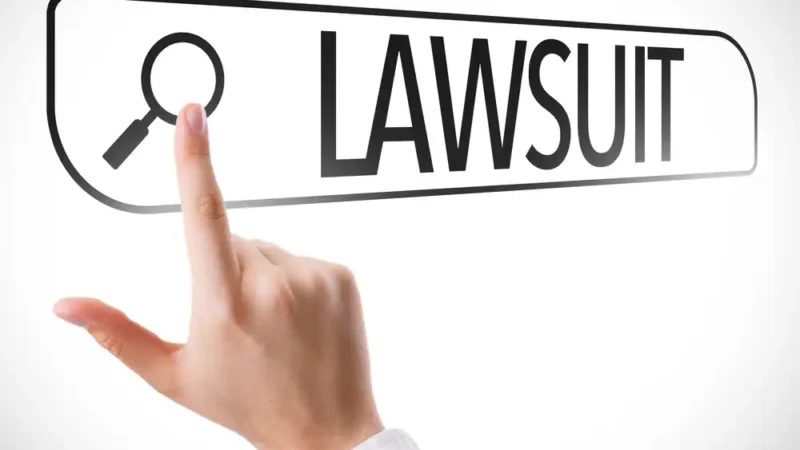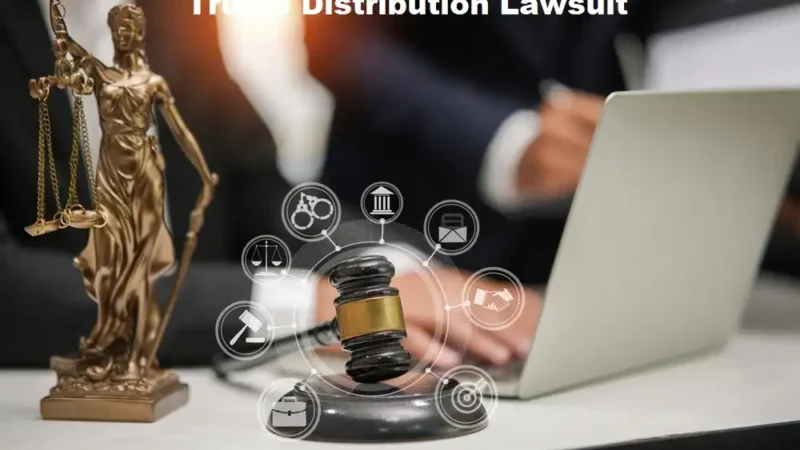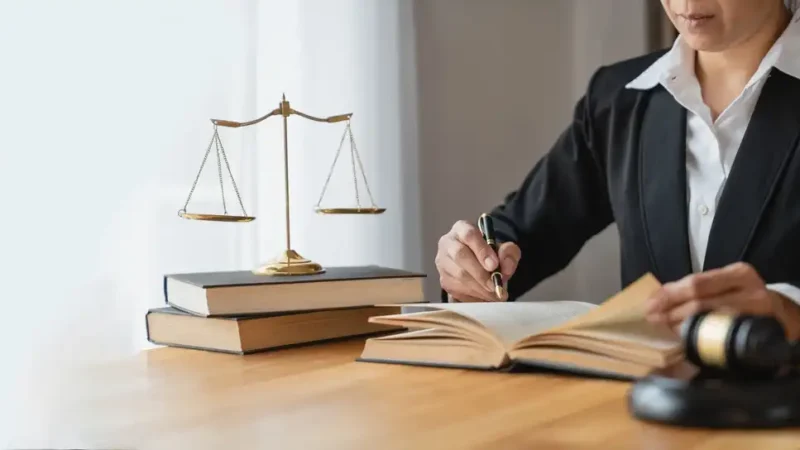Victoria Secret Karen Lawsuit Update: A Comprehensive Look
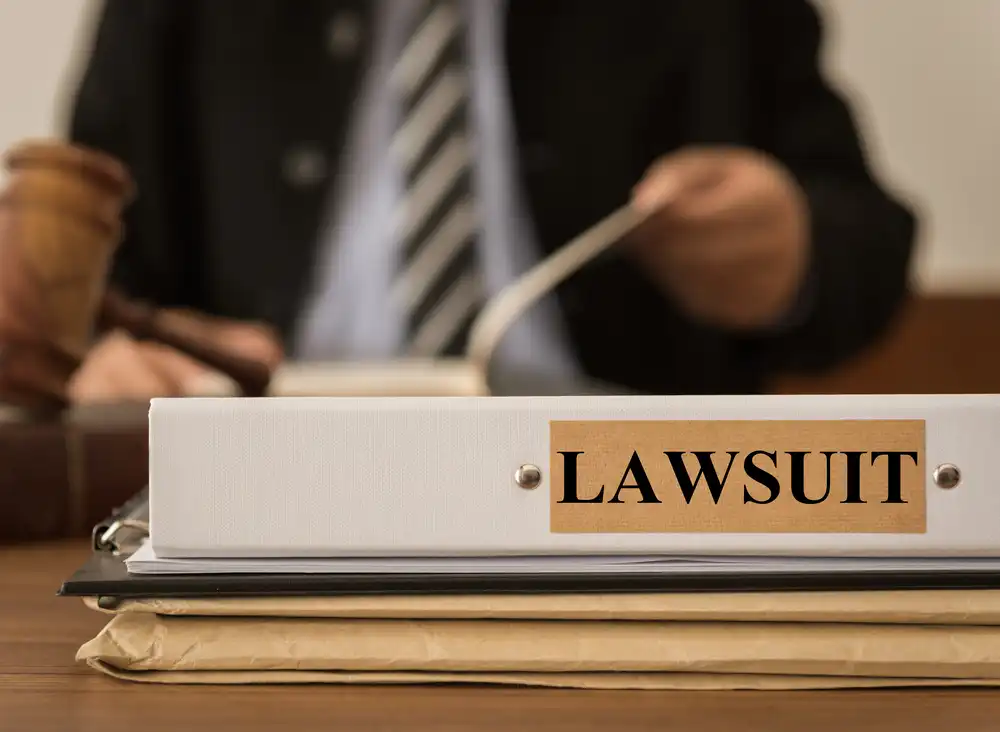
Introduction
In the age of social media, a single moment can thrust ordinary individuals into the global spotlight. Such was the case with the “Victoria’s Secret Karen” incident, which took the internet by storm in July 2021. This altercation between Abigail Elphick and Ijeoma Ukenta at a New Jersey Victoria’s Secret store quickly became a viral sensation. Fast forward to today, the case has evolved into a complex legal battle, touching on themes of privacy, mental health, and racial discrimination. Let’s dive into the latest developments and explore the multifaceted nature of this high-profile lawsuit.
The Viral Incident: A Brief Recap
It all began on a seemingly ordinary day at the Short Hills Mall in New Jersey. Ijeoma Ukenta, a Black woman, was shopping at Victoria’s Secret when she started recording Abigail Elphick, a white woman, who appeared to be having a meltdown. Elphick’s frantic behavior, which included lying on the floor, screaming, and chasing Ukenta around the store, was captured in a series of videos that Ukenta later uploaded to social media.
The videos quickly went viral, amassing millions of views and sparking widespread outrage. Ukenta’s footage not only highlighted Elphick’s erratic behavior but also the seeming indifference of the store employees and security personnel to Ukenta’s pleas for help. The internet dubbed Elphick “Victoria’s Secret Karen,” and the incident became a focal point for discussions on racial dynamics, mental health, and the power of social media.
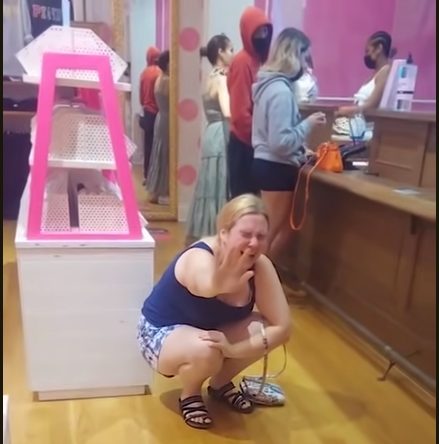
The Legal Battle Begins
The aftermath of the viral video saw both Ukenta and Elphick taking legal action. In July 2023, nearly two years after the incident, Ukenta filed a civil lawsuit against Elphick, Victoria’s Secret, the mall, and its security team, accusing them of negligence and racial discrimination. Ukenta claimed that the store’s staff and security failed to protect her and instead treated her, the victim, as the aggressor.
Elphick responded with a countersuit, arguing that her actions were a result of her mental health conditions and that the video violated her privacy. Elphick’s legal team contended that the viral nature of the video caused her significant emotional distress and jeopardized her job and housing.
Mental Health and Privacy: The Core of Elphick’s Defense
Elphick’s defense hinges on her mental health status. According to legal filings, Elphick has a long history of medical and psychological conditions, including bipolar disorder, post-traumatic stress disorder, obsessive-compulsive disorder, and borderline personality disorder. She has been on medication since she was 12 and has been hospitalized multiple times for suicidal ideation and self-harm.
Tom Toronto, president of Bergen County’s United Way, which manages the residential complex where Elphick lives, has publicly defended her, stating that Elphick’s meltdown was a result of her anxiety and fear of losing her job and housing. Toronto emphasized that Elphick resides in a complex for individuals with intellectual and developmental disabilities, and her behavior was misunderstood and blown out of proportion by the public.
Elphick’s legal team has argued that Ukenta’s recording and dissemination of the video violated Elphick’s right to privacy, as she was filmed without her consent during a mental health crisis. They also claimed that Ukenta’s actions exploited Elphick’s disability for financial gain and fame.
Racial Dynamics and Accountability: Ukenta’s Perspective
From Ukenta’s standpoint, the incident was not just about a mental health episode but also about racial dynamics and accountability. Ukenta’s legal team maintains that she filmed the encounter because she feared not being believed by authorities as a Black woman. They argue that the video was necessary to document the incident and highlight the racial undertones of the confrontation.
Ukenta’s lawsuit alleges that the Victoria’s Secret employees and mall security personnel were dismissive of her safety concerns, which she believes were rooted in racial bias. She contends that their inaction and failure to offer assistance or protection exacerbated the situation.
The Court of Public Opinion: Fame, Fortune, and Backlash
The viral nature of the video catapulted both Ukenta and Elphick into the public eye, leading to mixed reactions. Ukenta’s YouTube subscriber count soared, and her GoFundMe campaign raised over $104,000 to cover her legal expenses. However, this sudden fame also brought criticism and allegations that Ukenta was profiting from the incident.
Elphick’s legal team accused Ukenta of inciting hate online and exploiting the situation for financial gain. Despite the backlash, Ukenta and her attorney, Tracey Hinson, defended her right to profit from her own videos, arguing that Ukenta had the right to let the public know what happened to her, especially after being labeled a liar by many in the community.
The Ethical Debate: Recording Public Incidents
The Victoria’s Secret Karen case has sparked a broader ethical debate about the recording of public incidents. On one hand, recordings can serve as crucial evidence in cases of discrimination, harassment, and other wrongdoings. On the other hand, they can also infringe on individuals’ privacy and potentially exploit vulnerable people, particularly those with mental health issues.
This case raises questions about the balance between accountability and privacy. Should individuals have the right to record and share videos of public incidents, especially when they involve mental health crises? Or should there be greater protections to prevent the exploitation of such vulnerable moments?
The Legal Implications: Disability Rights and Racial Discrimination
The legal implications of the Victoria’s Secret Karen case are far-reaching, touching on disability rights, racial discrimination, and privacy laws. Elphick’s legal team has argued that her actions should be understood in the context of her disabilities and that her meltdown was not racially motivated. They assert that Elphick is protected under the Americans with Disabilities Act (ADA), and Ukenta’s recording violated her rights.
Conversely, Ukenta’s legal team maintains that the incident must be viewed through the lens of racial dynamics and the systemic biases that often affect how Black individuals are treated in public spaces. They argue that Ukenta’s decision to record the incident was a necessary act of self-protection and documentation in a society where Black voices are frequently marginalized and disbelieved.
Victoria’s Secret and the Mall’s Response
Victoria’s Secret and the Short Hills Mall have found themselves at the center of this controversy. Both have stated their commitment to investigating the incident and ensuring a welcoming environment for all customers. However, as of the latest updates, neither has publicly responded to the lawsuits. A lawyer for the mall declined to comment due to the ongoing litigation.
The Role of Social Media: Amplifying Voices or Fueling Controversy?
The Victoria’s Secret Karen incident highlights the powerful role social media plays in shaping public discourse. On platforms like Twitter, Facebook, and YouTube, ordinary people can share their experiences and instantly reach a global audience. This democratization of information has the potential to amplify marginalized voices and hold institutions accountable.
However, the downside is that social media can also fuel controversy, spread misinformation, and exacerbate tensions. In the case of the Victoria’s Secret Karen, the viral video quickly polarized public opinion, with some sympathizing with Elphick’s mental health struggles and others condemning her behavior as racially motivated.
Current Status and Future Outlook
As of now, the Victoria’s Secret Karen case is still in trial, with both parties standing firm in their claims. The legal proceedings are likely to continue for some time, given the complexity of the issues involved. The case serves as a stark reminder of the multifaceted nature of viral incidents and the intricate interplay between mental health, race, and privacy in our society.
Conclusion: A Case That Mirrors Society’s Complexities
The Victoria’s Secret Karen lawsuit is more than just a legal battle; it’s a microcosm of broader societal issues. It brings to light the challenges faced by individuals with mental health conditions, the pervasive nature of racial discrimination, and the ethical dilemmas posed by the digital age. As the case unfolds, it will undoubtedly continue to spark important conversations and potentially set legal precedents for how similar incidents are handled in the future.
In the end, the Victoria’s Secret Karen case reminds us that behind every viral video are real people with real struggles. It challenges us to consider the nuances of each situation and strive for a more empathetic and just society.
FAQs on the Victoria Secret Karen Lawsuit
Q1: What triggered the Victoria Secret Karen incident?
A1: The incident occurred when Ijeoma Ukenta began recording Abigail Elphick’s meltdown at a Victoria’s Secret store. Elphick’s erratic behavior, including screaming and lying on the floor, was captured on video and went viral, leading to public outrage and subsequent legal actions.
Q2: What are the main legal claims in the Victoria’s Secret Karen lawsuit?
A2: Ijeoma Ukenta filed a lawsuit against Abigail Elphick, Victoria’s Secret, and the mall, citing negligence and racial discrimination. Elphick countersued, claiming the video violated her privacy and caused emotional distress due to her mental health issues.
Q3: How has Abigail Elphick’s mental health been a factor in the lawsuit?
A3: Elphick’s defense argues that her meltdown was due to her mental health conditions, including bipolar disorder and PTSD. Her legal team claims the video violated her privacy and exploited her disability.
Q4: How has the public reacted to the Victoria’s Secret Karen incident?
A4: The viral video polarized public opinion, with some sympathizing with Elphick’s mental health struggles and others condemning her behavior as racially motivated. The incident has sparked discussions on mental health, racial dynamics, and the ethics of recording public incidents.
Q5: What are the potential implications of this lawsuit?
A5: The lawsuit could set legal precedents for how similar incidents involving mental health, racial discrimination, and privacy are handled. It highlights the complexities of viral incidents and the challenges in balancing accountability and privacy.



